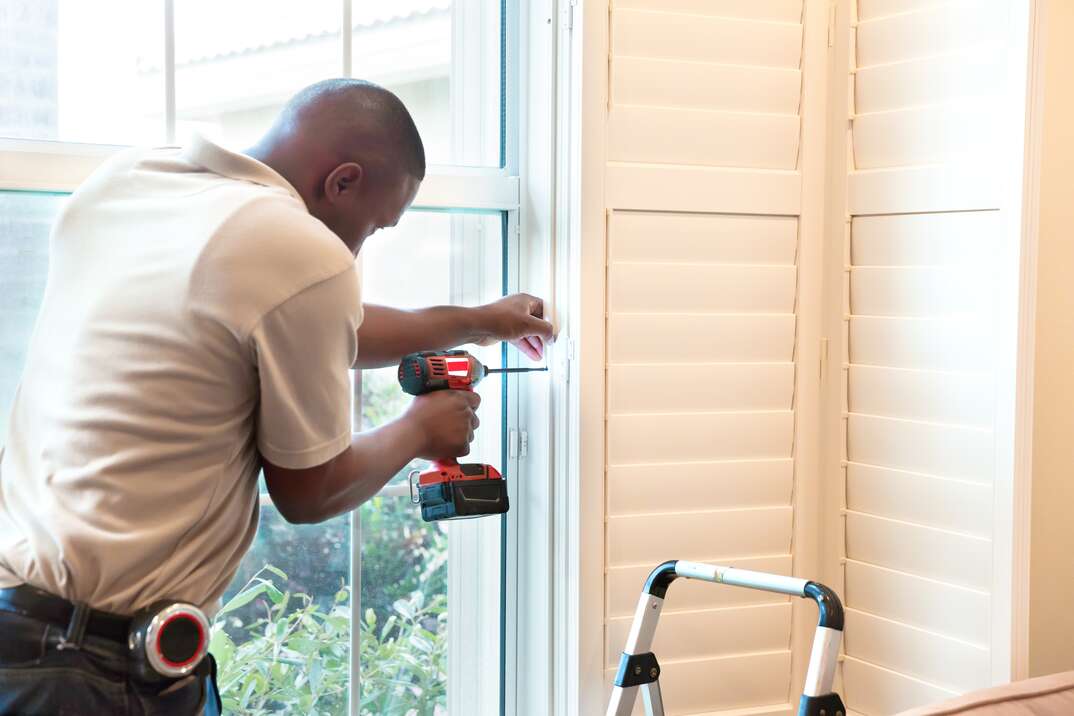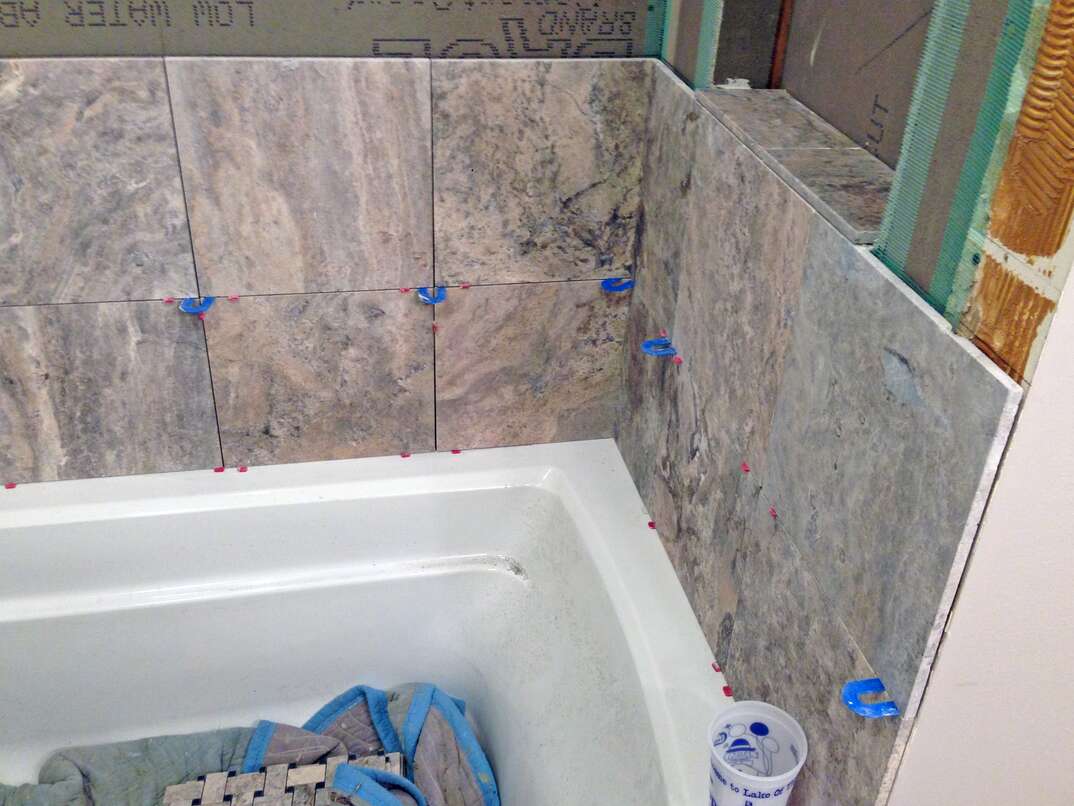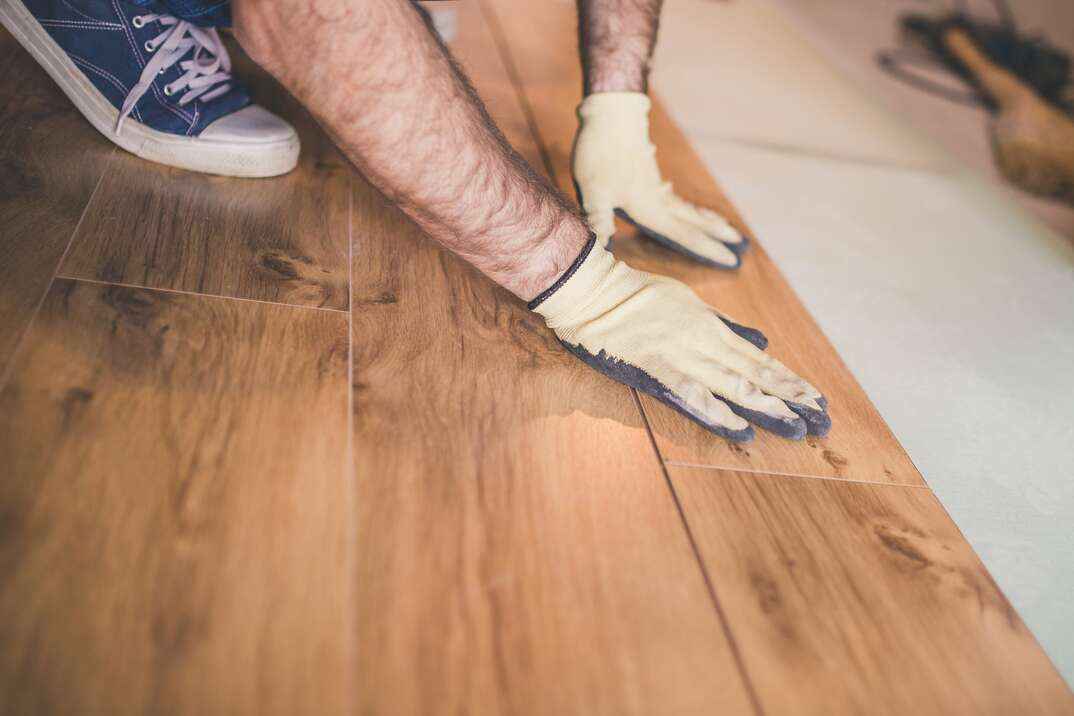How Much Do Termite Treatments and Fumigation Cost?
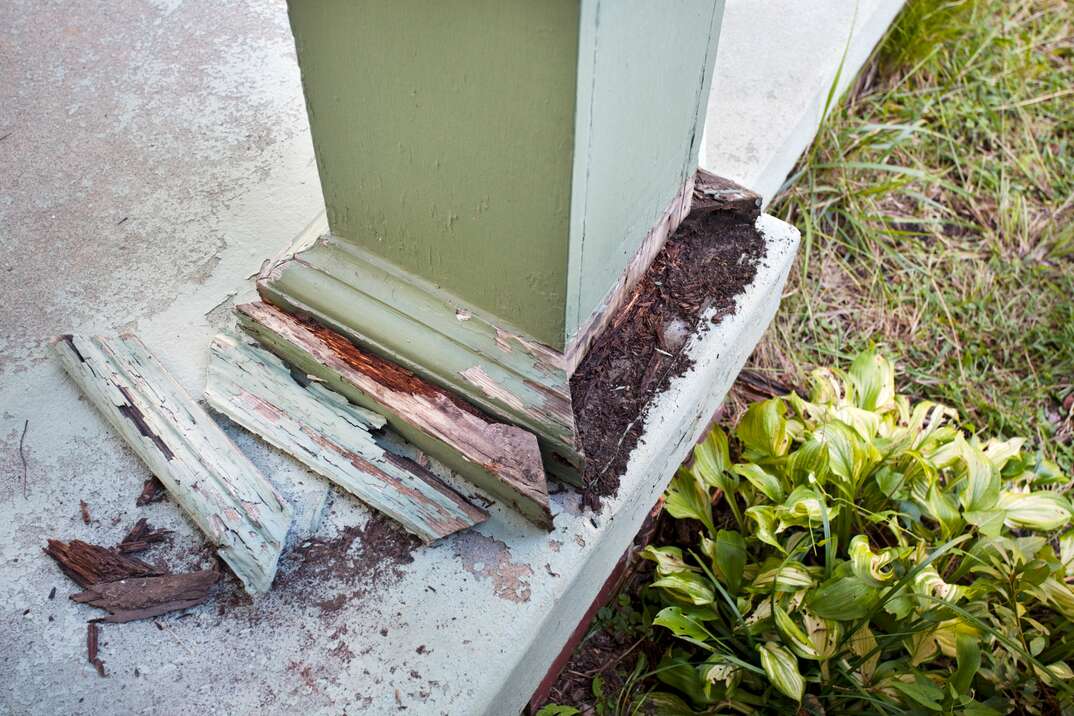
Termite Treatment Costs at a Glance
- Typical range for a single-family home: $1,000-$2,000
- Range for 1,250-square-foot house: $1,350-$2,500
- Bait extermination: $1,500
- Fumigation with tenting: $1,200-$2,500
- Heat extermination with tenting: $1,250
- Electro-gun and microwave treatments: $1,100
- Annual inspection contract: $200-$400
- One-off termite inspection: $100
Believe it or not, termites do serve a purpose. They feed on cellulose in wood, so they play a role in helping return dead trees and other wood parts back to the soil, and when termites tunnel through the soil, it promotes porosity. On the other hand, there’s the unfortunate fruits of these insects’ labor that you’re likely more familiar with: the costly damage termites cause when they infest a home.
This May Also Interest You: How to clean and disinfect your home during COVID-19
Here are the various costs associated with addressing your termite problem.
How Much Does Termite Treatment Cost?
Termite treatment cost depends on the home’s size, construction, the treatment method and if there’s any damage to repair. In some areas, for single-family homes, treatment for a termite infestation cost can cost $1,000-$2,000. The cost is generally relative to the size of the structure being treated. A 1,250-square-foot house may cost between $1,350 and $2,500 to treat with chemicals.
For bait extermination, the cost for a 1,250-square-foot house begins at around $1,500. Fumigation treatment that requires tenting the home and applying lethal gas may run between $1,200 and $2,500 for a house that size. Exterminators may base fumigation costs on the home’s cubic feet (total volume) or square feet (total area). The cost for heat extermination and tenting for a house that is 1,250 square feet is around $1,250. Electro-gun and microwave treatment for localized infestations cost just over $1,100.
It's wise to protect your home with annual termite inspections. If you sign a contract for annual inspections, expect the fee to run between $200 for chemicals and $400 per year if the structure was treated with baiting.
Signs of Termite Infestation
Beyond seeing swarms of termites inside a house evidence of an infestation, rotting or dry wood that falls apart when it's disturbed or punctured with a screwdriver is another telltale sign. Termites travel through tunnels in the soil — and they tunnel through wood, as well. It requires expertise and special equipment to determine where termites are, as they can burrow under slab foundations, inside timbers and through openings in masonry. Termites hide so well that a termite inspection before buying a home does not guarantee there are no termites present; it merely indicates to a homeowner whether the inspector saw termites during that visit.
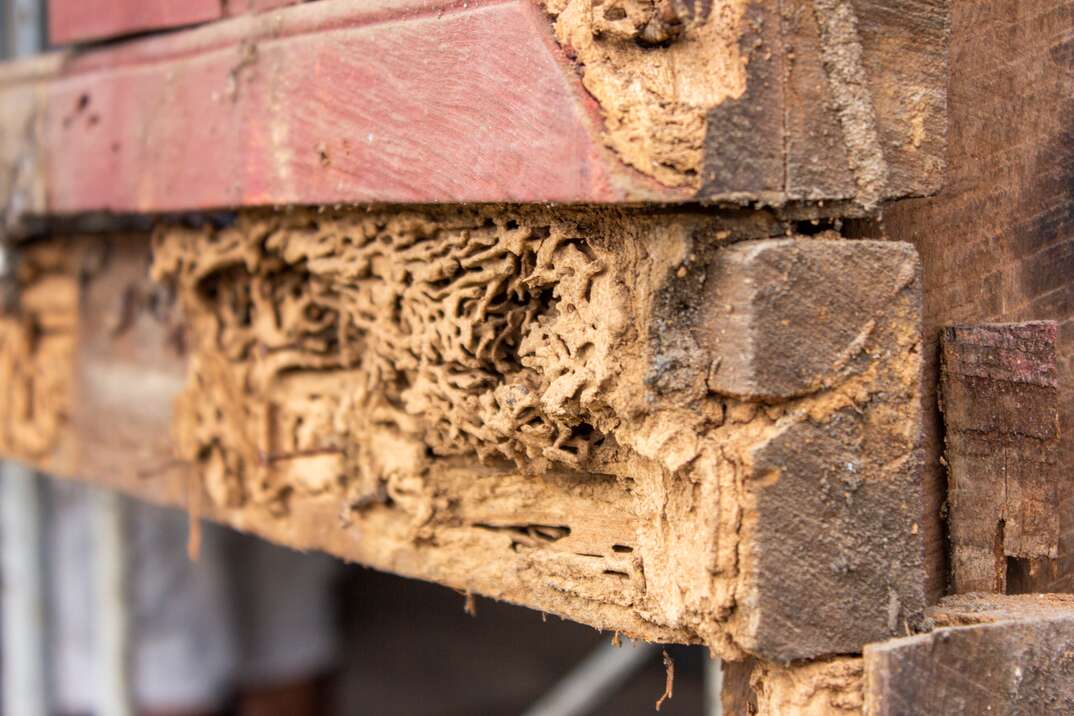
Cost of Termite Inspections
When you get an inspection before treating a home for termites, the extermination company you hire usually does it for free. However, if you get an inspection as a requirement for purchasing a home, the termite inspection will be a separate cost, and you can expect to pay around $100 for this service.
Can You Exterminate Termites Yourself?
A homeowner who observes termites swarming might think that spraying the affected area with a pesticide takes care of the issue, but most of the time, a professional termite treatment is needed.
Termites are hard to get rid of, but a professional termite treatment can kill existing pests and keep live ones away. Before treatment begins, it can be helpful to know the exact source of the infestation and which species of termites are present. For example, your home could be infested with damp wood, dry wood or subterranean termites.
Professionals who assess and treat termite infestation have special training in identifying the insect species and the damage they cause. They’re familiar with building construction and know how to select the best mitigation for termites. Selecting the proper treatment also requires calculating the square footage of the areas to be treated, determining the treatment’s chemical concentration and ensuring that it does not cause environmental hazards or other problems.
How Do Exterminators Treat Infestations?
The intensity and choice of treatment depends on the species, the infestation's severity and the homeowner's preference. Options for termite treatments include bait, chemicals, fumigation, heat, and electro gun and microwave. Here’s how each of these treatments works:
Bait
Bait treatments take less time to put in place but take longer to eradicate the insects. The amount of termiticide in baits is less than it is with a liquid treatment. Before placing bait, the technician may need to treat active infestations with smaller amounts of liquid pesticides to get ahead of the problem. Baiting will require maintenance to ensure it keeps working by providing residual control.
Liquid Termite Treatments
Liquid treatment takes more time and requires more termiticide, but it tends to work faster, and maintenance is not required after the treatment is applied. The liquid barrier in the soil controls termites until it breaks down, or until an activity such as altering the soil disturbs it. Liquid treatment works well when there are subterranean termites.
Fumigation
Fumigation may require covering or tenting the dwelling with tarps and releasing fumigant throughout the home. The fumigant goes into hard-to-reach places, including cracks and termite tunnels, to kill the insects.
Heat Treatment
Heat treatment also requires tenting the house, releasing dry heat into the structure and allowing the wood core to reach 120-130 degrees Fahrenheit for 60 to 90 minutes.
Other Options
With electro-gun treatment, high-voltage electricity follows the wood’s grain to reach and kill termites. Microwave treatment kills the termites by heating wood from inside out.
How Long Do Termite Treatments Last?
Termiticides can break down over time. Also, when digging or another activity disturbs the soil around a structure’s foundation, that can affect how well the chemicals continue to work. The USDA Forest Service tests termiticides and requires the products to control termites for at least five years. The treatment may work for several years longer, but the recommendation is to retreat a property every 10 years. Ask your exterminator how effective they expect the termite treatment to be.
Annual Inspections
Annual inspections ensure that a home remains protected. Without yearly inspections, there’s no way of knowing for sure whether there’s another infestation. When you have a contract, the inspector treats any suspect areas. If you let your contract expire, the company that did the work is not under obligation to inspect or treat areas under that contract's conditions.
Preventive Measures
As with other home maintenance concerns, there are some steps homeowners can take to prevent termite infestations:
- Vapor barriers installed in crawl spaces reduce moisture.
- For gardens, try not to use wood mulch near a structure, since it might contain termites.
- Avoid aiming sprinklers toward a home’s foundation to keep it mostly dry.
- To prevent shrubs from growing too thick near the foundation, trim them regularly.
- If you’re building a home, ask the builder what preventive measures they’ll use to prevent termite infestations.
Whatever concerns you have about home maintenance, it pays to be prepared. HomeServe offers home protection plans to cover repairs when the unexpected arises. When you enroll in a plan from HomeServe, you can call the 24/7 repair hotline. A local, licensed and highly trained or technician will arrive at your home and repair the problem to your satisfaction.
